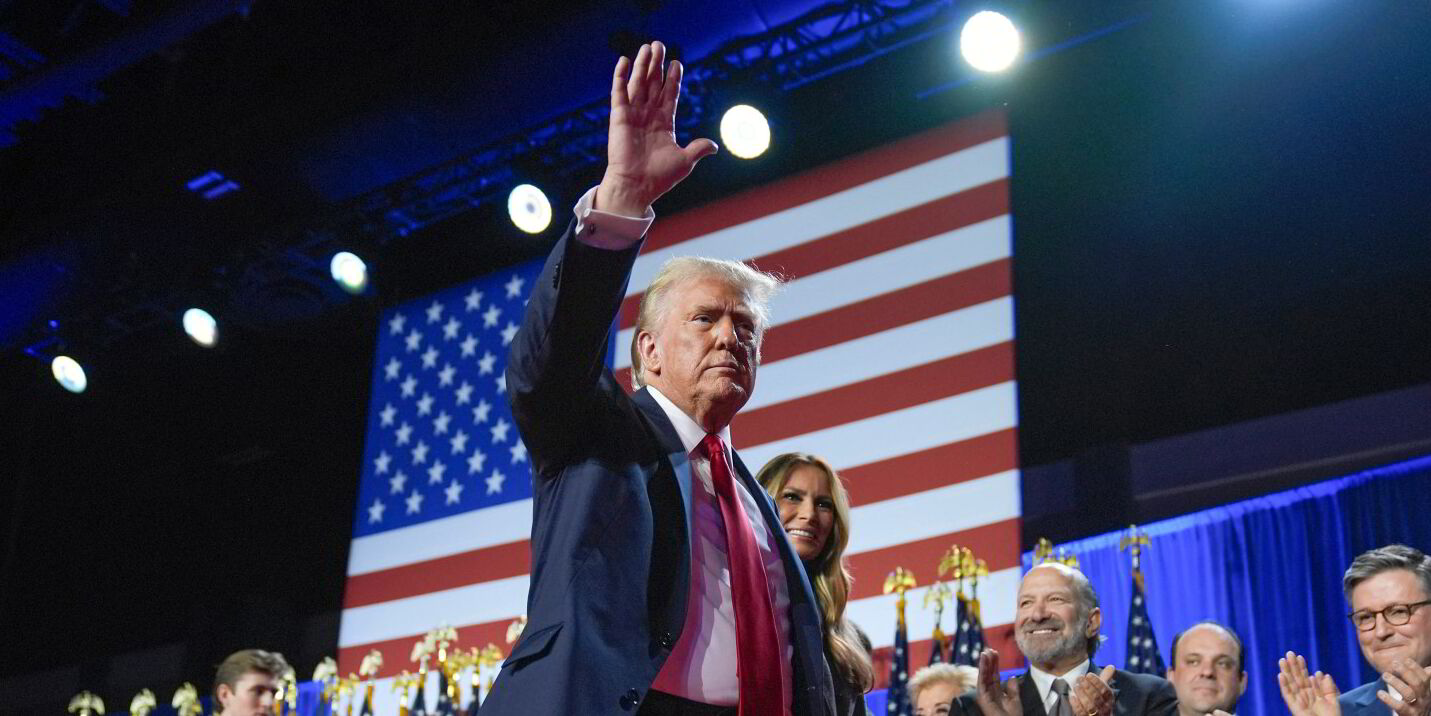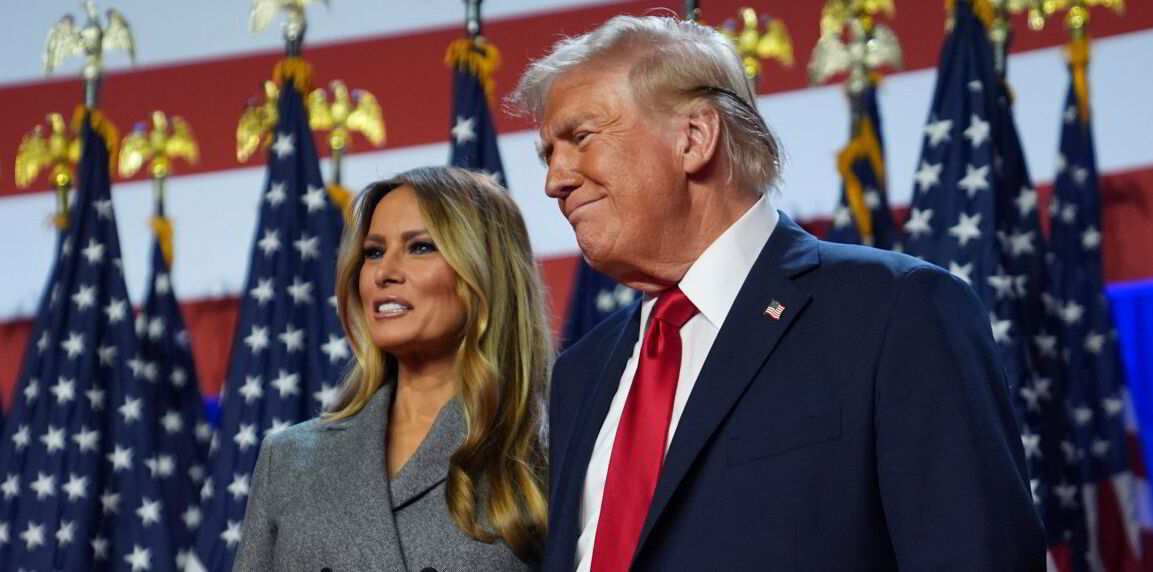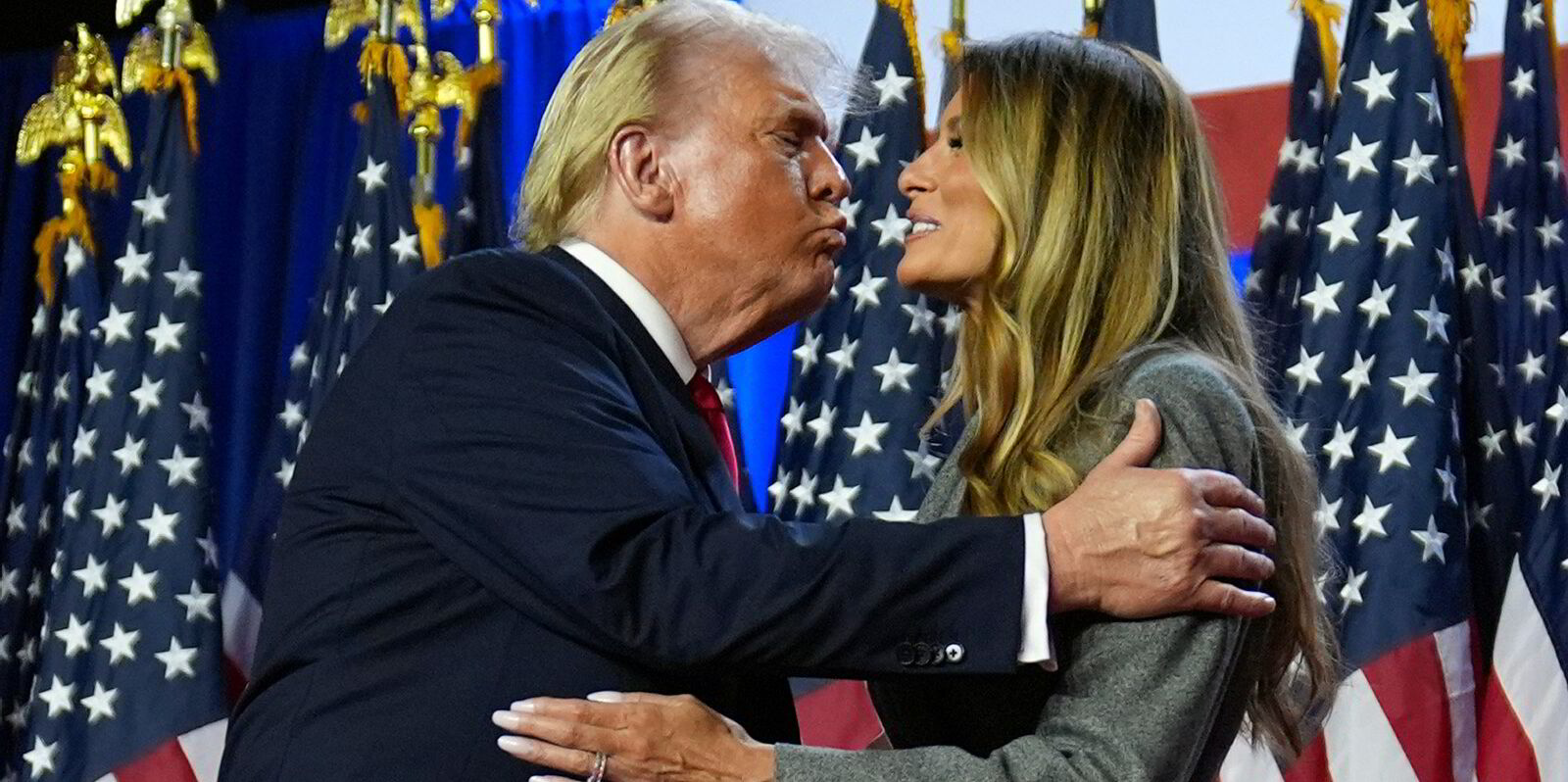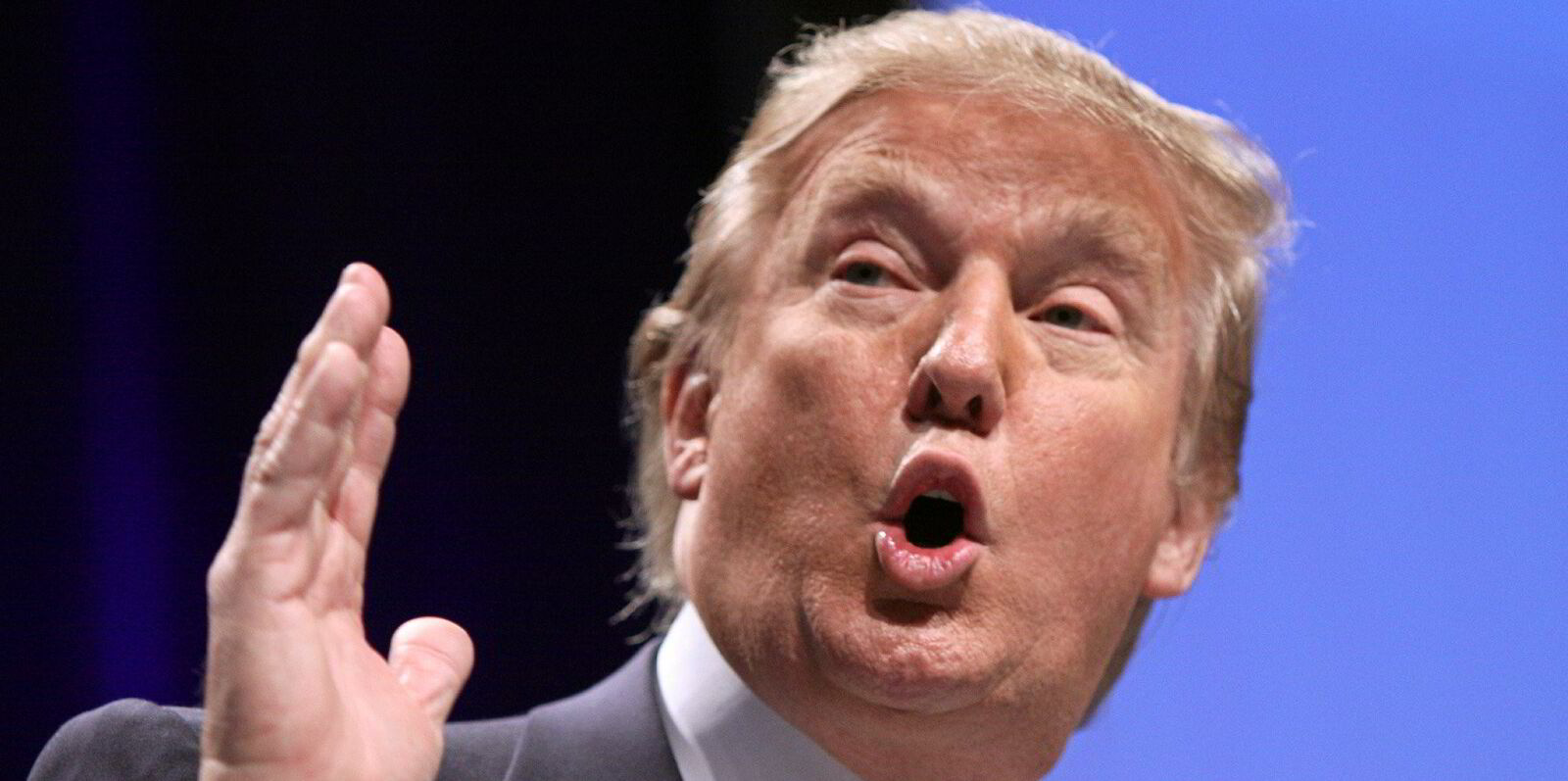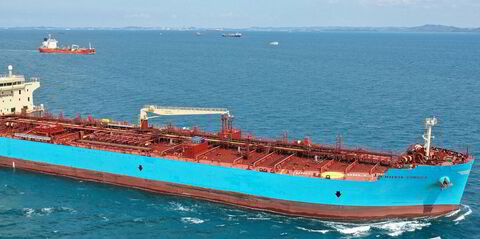Donald Trump’s return to the White House brings uncertainty for shipping across many core markets.
His potential actions to follow his outspoken comments on global trade and expected intervention in multiple geopolitical battlegrounds could have important consequences for the industry.
One thing is for certain: the former president — re-elected on Tuesday following an emphatic victory — is quite fond of tariffs, even calling it “the most beautiful word in the dictionary”.
But questions swirl around what, when, the size and how global trade will cope with what is widely believed to be a net negative for shipping.
Uncertainty is also the order of the day in energy shipping markets, despite shipowners publicly and privately welcoming Trump’s return to the Oval Office with apparent open arms.
In this regard, how will his second coming affect the shadow fleet, given his expected policies on Iran, Russia and Venezuela?
The divide was clear in the global stock markets as Trump’s march to a comfortable victory became increasingly clear, with container equities hit and energy-related shipping stocks climbing.
Protectionist
Odfjell chief executive Harald Fotland explained: “The first answer is that we see what comes before we are too conclusive.
“What we do know is Trump is maybe more protectionist than [Democratic opponent Kamala] Harris was expected to be. The expectation for Harris was that she would continue the policies of [President Joe] Biden.”
Trump was fond of tariffs during his first term, with tolls of up to 25% on as much as $200bn worth of Chinese goods, as well as import taxes on goods from Europe, Canada and Mexico.
This time around, he has suggested he could be even more aggressive, saying in an interview in Chicago last month that “I’m going to put a 100, 200, 2,000% tariff” when discussing imported automobiles.
It is unlikely tariffs will reach such high levels, but the issue did touch off a trade war in his first term as several countries enacted retaliatory measures.
In the near term, ABG Sundal Collier analyst Petter Haugen said the most likely consequence will be a “pull-forward” of container imports to build up inventories before the Republican can be inaugurated in January.
“This will likely support container rates in the near term, which already turned upwards a couple of weeks ago,” he said.
A representative of Oslo-listed MPC Container Ships agreed that a continuation of front-loading cargo ahead of potentially increased tariffs is expected following Trump’s victory, adding: “Medium-term, the diversification of supply chains will continue, they must be broader based, and that will change trading patterns.
“Inefficiency will grow and production will move closer to the main consumer areas, while shortsea trades will profit from these changes.”
That chimes with views expressed by Europe-based analysts and container shipping specialists.
Jonathan Roach, container market analyst with shipbroker Braemar, said Trump’s protectionist policies could usher in a period of intense trade realignment, affecting domestic consumers and global trade networks.
“The interplay between tariffs, consumer prices and international sourcing will be crucial to watch,” he said.
The consensus is that rising tariffs would be a negative for containers and very bearish for car carriers.
Trump’s win could be more supportive for energy, as reflected in the upward shift in tanker stocks midweek.
However, such an outcome would require him to follow through on his outspoken remarks about sanctions on Iran, Venezuela and Russia.
Frontline chief executive Lars Barstad shared his initial take on social media platform X that Trump is expected to be firm on Iran and Venezuela sanctions enforcement related to the dark fleet.
And as Opec has plenty of oil supply on the sidelines, this would be beneficial for the safety of the oceans and the compliant tanker fleet, Barstad said.
Aerio Shipmanagement head Athanassios Kossidas told TradeWinds that Iranian oil exports were reduced to their lowest point just before Biden took over from Trump in January 2021.
“So, if anything, I would expect tightening of the sanctions there,” he said.
Murkier are more wishful campaign promises including ending the war in Ukraine and the Israel-Palestine conflict.
There, many suspect the situation in the Middle East will get worse before it gets better, while any unwinding of sanctions on Russia would take time.
Kossidas said: “I don’t see sanctions towards Russia to be lifted at a blink of an eye, rather the opposite. History has shown that whenever you have sanctions imposed, it takes ages to get lifted. It’s sanctions that affect shipping, not the war itself.”
Seaborne Shipbrokers head of research Eva Tzima argued that the second Trump administration would be more favourable to fossil fuels.
Boost for tankers
“Even though the Biden administration has not been shy … to allow record oil and gas production, Trump has many times voiced very openly his support for a ‘drill, baby, drill’ policy, vowing to allow the full potential of US fossil fuel production,” Tzima told TradeWinds.
“If such [an] agenda were to be followed, it would not only help oil demand and tankers, but it would also support consumers’ budgets for goods and with their fuel/energy needs … satisfied at a lower cost, there would be room for increased allocation on other stuff.”
Experienced Jefferies analyst Omar Nokta said there are many variables to assess.
However, a resolution to the Middle East conflict could eventually lead to safer passage through the Red Sea, which would be negative for container shipping, he reasoned.
Nokta said: “2024 has been a strong year due to Red Sea diversions but also as trade volumes have grown at twice the rate of global GDP, which we think is likely to revert naturally to a lower ratio going forward, especially as protectionist measures and potential tariffs limit trade growth.”
